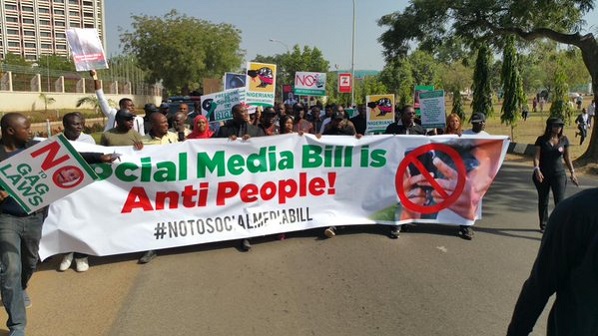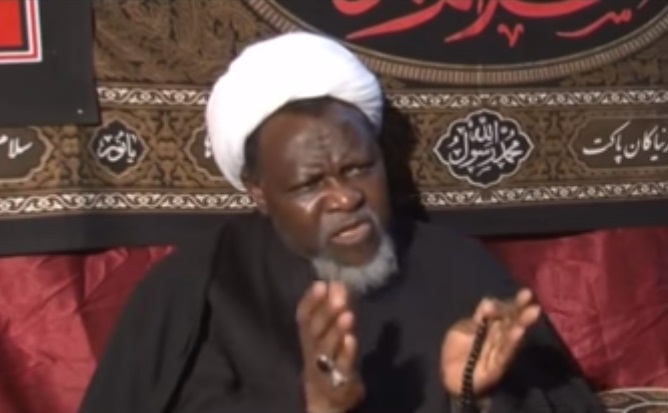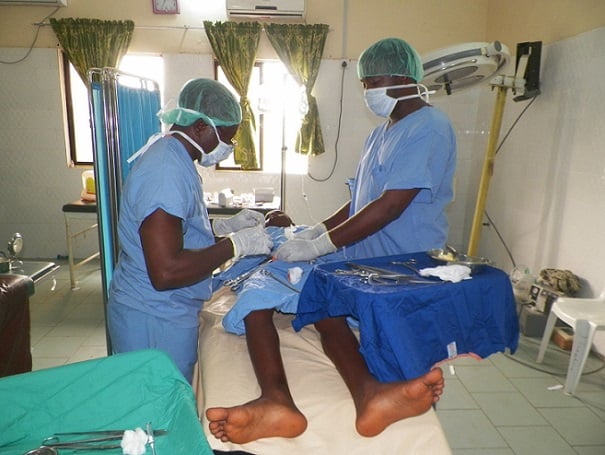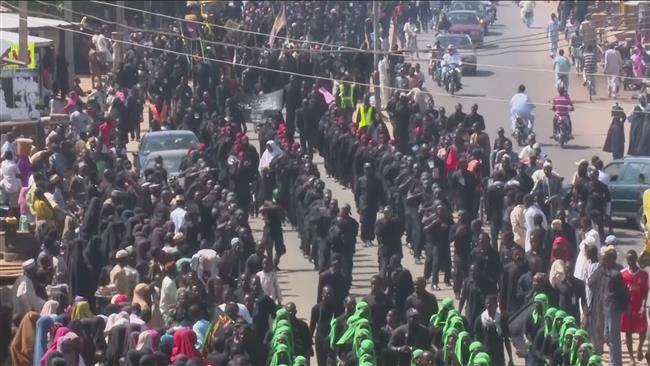BY KOFOWOROLA AYODEJI
Corruption is perhaps the most widely discussed topic in Nigeria. It’s the sole reason why many sectors and institutions are in coma. On Wednesday, December 9, Nigeria joined the rest of the world to mark the 2015 edition of “International Anti-Corruption Day”. And the nation’s Economic and Financial Crimes Commission (EFCC) has vowed to recover all stolen funds. Whether or not their vows will yield tangible results, at least under this new dispensation, is what we are yet to be sure of.
In reality, corruption has single-handedly led to the death of countless number of Nigerians. In fact, it has bedeviled Africa’s largest economy and most populous nation so much that citizens are only hoping for a miracle to liberate the nation.
It is not as if corruption originated in Nigeria, or that she is the only country where corruption is pervasive but it is worse here because it has been institutionalized. The country is even confused as to what the scope of corruption really is. The former governor of the Central Bank of Nigeria, who is now the Emir of Kano, Sanusi Lamido, lamented in a CBS Newshour’s ‘Nigeria: Pain and Promise’ documentary that “In Nigeria, there’s no accountability at all. And that’s why I think the Nigerian corruption is worse in many parts of the world, because it’s the worst type of corruption. It’s stealing.”
While Emir Sanusi believes that stealing is corruption, the former President Goodluck Jonathan is of the view that “stealing is not corruption.” In his hilarious but troubling “parable of yams and goat,” he symbolized the commonwealth of all Nigerians as ‘yams’ and the looters as ‘goats’. According to him, no matter how much anyone tried, these goats would always steal our monies so far they have access to them. What a belief!
Advertisement
Just a couple of months ago, a mother-of-four was murdered while her husband, Mr Godwin Ekpo, a ‘keke Napep’ driver, was shot in the jaw by a trigger-happy policeman because he refused to give him a sum of #2000 bribe. That’s just one of many reported cases. You can hardly do transactions in many government offices without inducement. Private organisations, schools, and religious centres have also been entangled in this national mess. It has somewhat become a way of life in the country. Meanwhile Nigerians console themselves by saying the above instances only represent the “low profile” corruption cases.
Then what about the high profile ones? The ‘Big Boys’, the kings of corruption. Naturally, names like James Ibori, Bode George, Depriye Alamieyeseigha, and Tafa Balogun come to mind. The likes of Farouk Lawan, a former member of the House of Representatives; Madame Diezani Allison, the former petroleum minister; and Stella Oduah, a serving Senator, have also been involved in corruption scandals.
The current Senate President Bukola Saraki is also slugging it out with the Code of Conduct Tribunal over an alleged 13-count charge bordering on false declaration of assets. Col. Sambo Dasuki (rtd), the ex-National Security Adviser, has succeeded in opening a new chapter in Nigeria’s corruption history: #Armsgate. He’s allegedly mismanaged $2.1 billion that was meant to arm the Nigerian Military. Severally, many Nigerian soldiers lamented the lack of sophisticated weapons to fight the radical insurgent group, Boko Haram. And this has indeed led to the death of many innocent Nigerians, including women and children.
Advertisement
Day in day out, corruption is on the rise and Nigerian masses are fast getting drowned in the pool of poverty. Frequently, cases of corruption are shouted to the high heavens, especially on social media, only to fade away after some months. Looters use different delay tactics—sometimes application for bail or request to travel abroad on medical grounds—to drag their trial. Is corruption, therefore, not bigger than Nigeria, the giant of Africa? History suggests so.
The recent assertion of Prof Itsay Sagay (SAN), Chairman Presidential Advisory Committee on Corruption (PAAC), at a workshop organized by Centre for Socio-Legal Studies (CSLS) and PAAC further reveals why corruption has been growing at an alarming rate in Nigeria. He said that only eight high profile cases have been successfully concluded by the Economic and Financial Crimes Commission (EFCC) since its establishment in 2002. And only seven major convictions have been secured after trial in a whole 13 years. Isn’t that very horrible?
Without any doubt, this monster is seemingly bigger than Nigeria. And unless corrupt elements are prosecuted and convicted accordingly, corruption will surely continue to grow. But Nigerians can make a difference by holding themselves as well as President Buhari and every member of the ‘Change’ government accountable. That is how Nigeria can win.
Advertisement
Photo source: www.hrw.org
Views expressed by contributors are strictly personal and not of TheCable.
Add a comment






